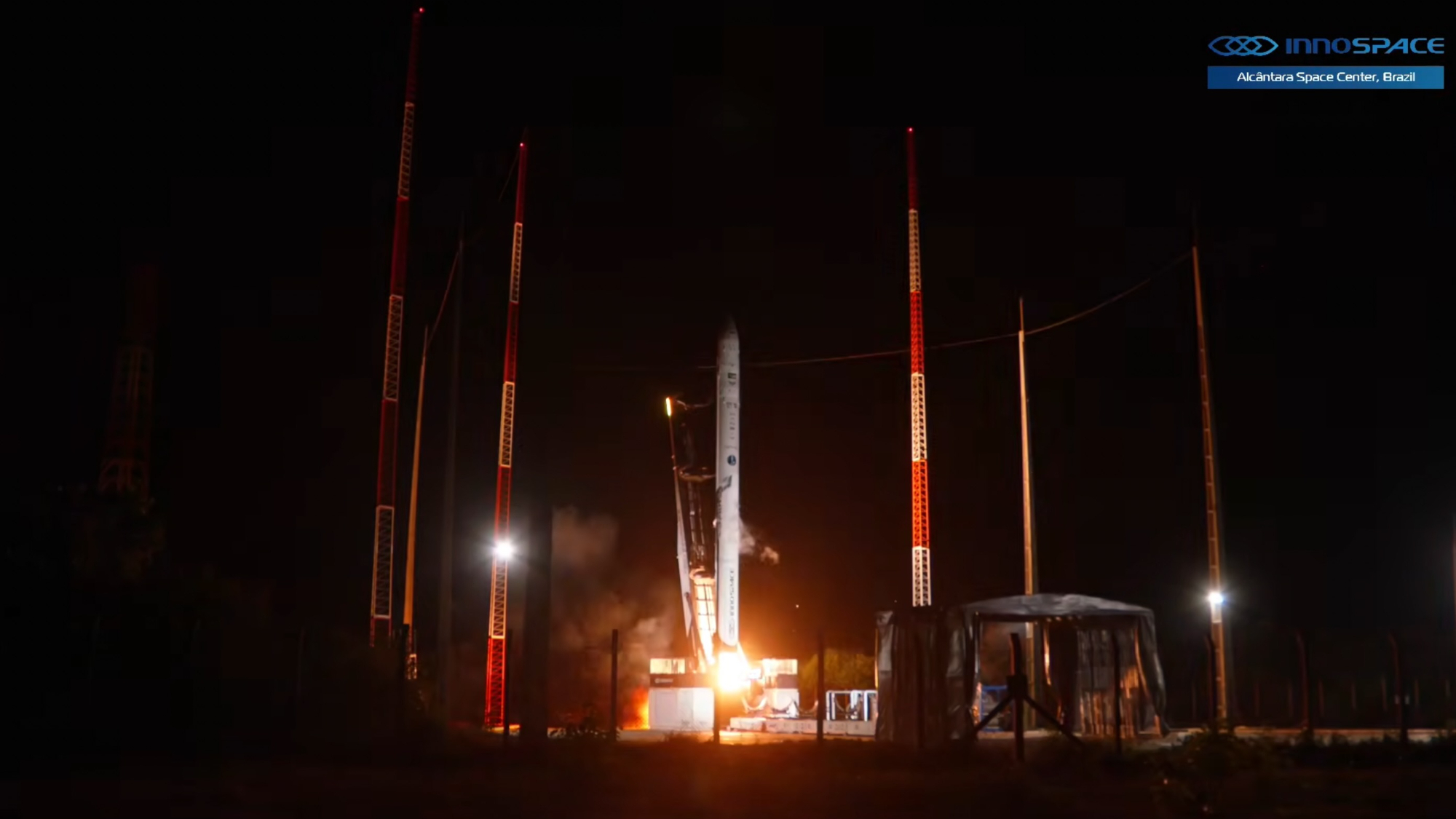Ben Turner is a U.K. based staff writer at Live Science. He covers physics and astronomy, among other topics like weird animals and climate change. He graduated from University College London with a degree in particle physics before training as a journalist. When he's not writing, Ben enjoys reading literature, playing the guitar and embarrassing himself with chess.
Latest articles by Ben Turner
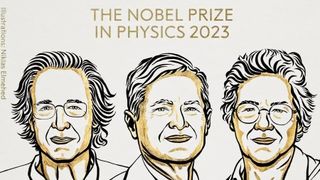
Nobel Prize in physics awarded to 3 scientists who glimpsed the inner world of atoms with tiny light pulses
By Ben Turner published
The trio devised methods for creating the tiniest slices of light.
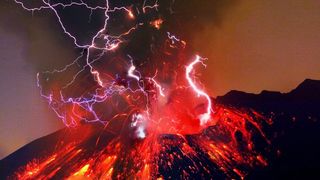
Mammals may be driven to extinction by volcanic new supercontinent Pangaea Ultima
By Ben Turner published
The next supercontinent, Pangea Ultima, is likely to get so hot so quickly that mammals cannot adapt, a new supercomputer simulation has forecast.
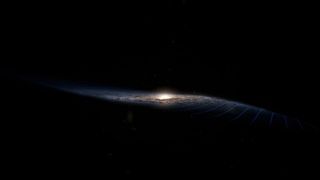
Our entire galaxy is warping, and a gigantic blob of dark matter could be to blame
By Ben Turner published
An invisible halo of misaligned dark matter could explain the warps at the Milky Way's edges.
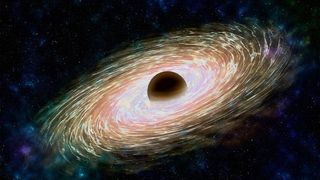
New Horizon Prize in Physics awarded to scientists chasing mysterious black hole photon spheres
By Ben Turner published
Alexandru Lupsasca and Michael Johnson won the physics prize for their work on photon spheres — weird rings of light around black holes that may reveal a theory of quantum gravity.
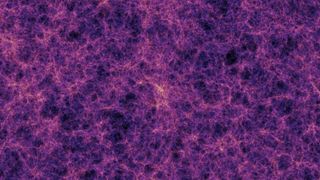
$100,000 Breakthrough physics prize awarded to 3 scientists who study the large scale structure of the universe
By Ben Turner published
Mikhail Ivanov, Oliver Philcox, and Marko Simonović won the New Horizons Award for their work on large scale structures — the strands and filaments of our universe which contain buried clues to its most fundamental properties.
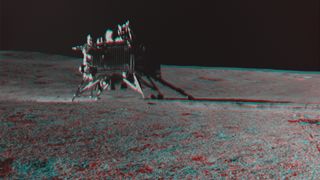
India's lunar lander finds 1st evidence of a moonquake in decades
By Ben Turner published
The possible moonquake was detected by India's Chandrayaan-3 mission on its third day on the lunar surface.
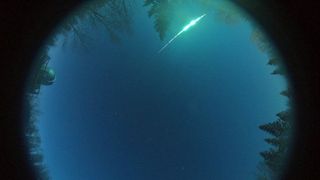
Enormous fireball meteor turns the sky over Turkey green in eerie viral video
By Ben Turner published
A stunning bright-green fireball was captured by a phone camera in a playground in Turkey.
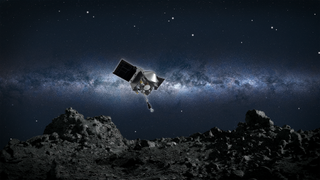
NASA's OSIRIS-REx mission almost bit the dust — then Queen guitarist Brian May stepped in
By Ben Turner published
The OSIRIS-REx spacecraft will soon return to Earth. What's on board could reveal the extraterrestrial origins of life on Earth.

Scientists discover strange 'singularities' responsible for exotic type of superconductivity
By Ben Turner published
Superconductors that work at temperatures much higher than absolute zero have befuddled scientists since they were discovered. A new theory might be about to change that.
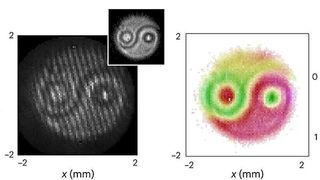
Quantum 'yin-yang' shows two photons being entangled in real-time
By Ben Turner published
The stunning experiment, which reconstructs the properties of entangled photons from a 2D interference pattern, could be used to design faster quantum computers.

Bizarre 'demon' particle found inside superconductor could help unlock a 'holy grail' of physics
By Ben Turner published
The transparent, chargeless quasiparticle could shed more light on the underlying mechanics of superconductivity
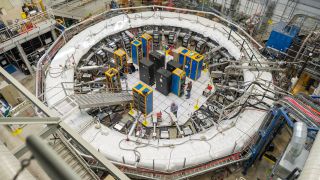
Wobbling muon experiment could reveal a 5th force of nature — if the results hold up
By Ben Turner published
The discovery promises to spark a revolution in physics, but more results are needed to know for sure.
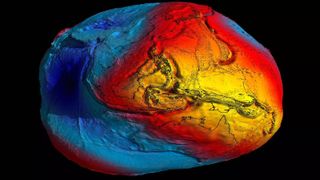
Indian Ocean gravity hole was caused by extinct ancient sea, scientists say
By Ben Turner published
Scientists have puzzled over the origins of a gravity hole in the Indian Ocean for years. Now, researchers think the sunken floor of an extinct ocean could be the cause.

Catastrophic climate 'doom loops' could start in just 15 years, new study warns
By Ben Turner published
Climate "tipping points," such as the loss of the Amazon rainforest or the collapse of the Greenland ice sheet, could come within a human lifetime, scientists have said.
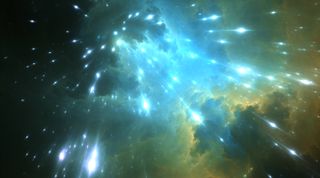
Cosmic-ray 'GPS' system that tracks underground movement could change the way we respond to disasters
By Ben Turner published
A new system that uses subatomic particles produced high in Earth's atmosphere could provide a view inside volcanoes and help locate people trapped beneath rubble.
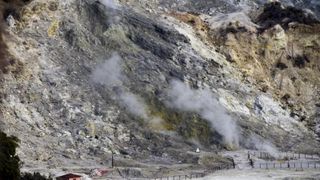
Europe's most dangerous 'supervolcano' could be creeping toward eruption, scientists warn
By Ben Turner published
Italy's Campi Flegrei is showing some troubling early warning signs, but scientists caution that its eruption is far from certain.
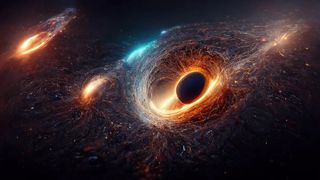
Stephen Hawking's most famous prediction could mean that everything in the universe is doomed to evaporate, new study says
By Ben Turner published
A new theory has radically revised Stephen Hawking's 1974 theory of black holes to predict that all objects with mass may eventually disappear.

Scientists may be able to put Mars-bound astronauts into 'suspended animation' using sound waves, mouse study suggests
By Ben Turner published
Firing ultrasound signals into rodent brains puts them in a torpor-like state. Scientists are wondering if it could be used on humans.
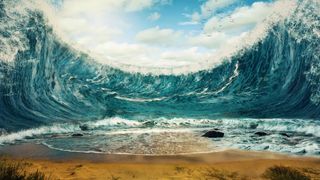
Climate change could trigger gigantic deadly tsunamis from Antarctica, new study warns
By Ben Turner published
Slippages in sediment beneath the Antarctic seabed could spawn gigantic tsunamis as oceans warm.
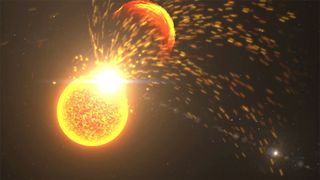
Solar 'superflares' millions of times stronger than anything today may have sparked life on Earth
By Ben Turner published
Intense solar storms may have delivered Earth its earliest building blocks of life, new research suggests.

Global warming will likely cross dangerous 1.5 C threshold within 5 years, UN report warns
By Ben Turner published
The U.N. weather agency has warned that El Niño and human-caused climate change will likely push temperatures into "uncharted territory."
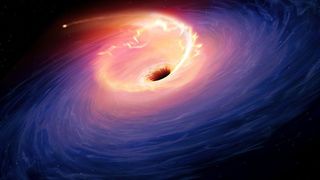
Meet 'Scary Barbie,' a black hole slaughtering a star in the brightest way possible
By Ben Turner published
Astronomers detected one of the brightest and most energetic cosmic objects ever observed in the form of a star being torn to shreds by a supermassive black hole.
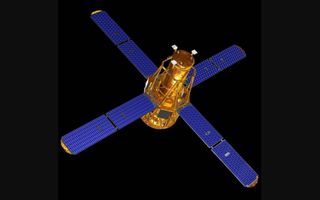
NASA satellite crash not source of mysterious flash of light above Ukraine capital, agency claims
By Ben Turner published
A blinding flash of light set off air raid alerts across Ukraine’s capital city. Officials at first thought it was a falling NASA satellite, but the space agency has said it isn’t.
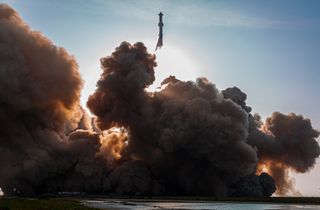
SpaceX Starship launch under FAA investigation after raining potentially hazardous debris on homes and beaches
By Ben Turner published
The Federal Aviation Administration (FAA) is investigating the April 20 launch of SpaceX’s Starship amid claims the launch smashed windows and rained ash on the habitats of endangered animals.
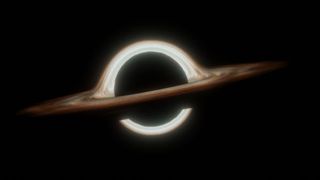
James Webb Space Telescope discovers oldest black hole in the universe — a cosmic monster 10 million times heavier than the sun
By Ben Turner published
The James Webb Space Telescope detected what may be the oldest known black hole in the universe by deconstructing faint glimmers of light from close to the dawn of time.
Breaking space news, the latest updates on rocket launches, skywatching events and more!

